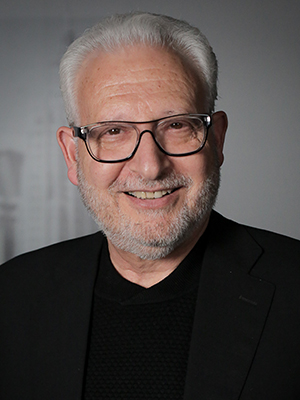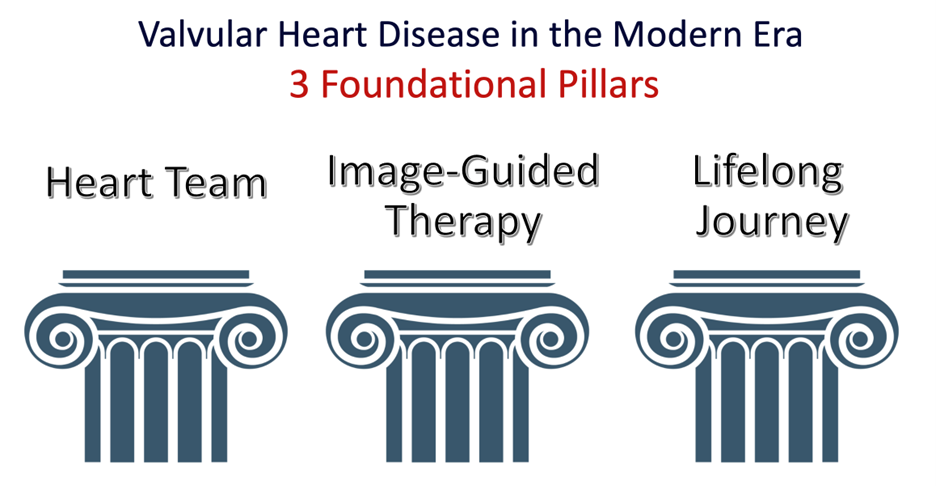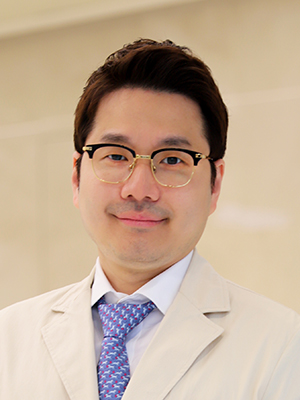
Martin Bert Leon
NewYork-Presbyterian Hospital/Columbia University Irving Medical Center, USA
At TCTAP 2025, Dr. Martin B. Leon will deliver a focused lecture titled Ī░Lessons and Future Challenges in Transcatheter SHD Therapies.Ī▒ The presentation will explore how structural heart disease (SHD) therapies have evolved and what critical developments will define the future of transcatheter valvular intervention.
Dr. Leon will first address the ongoing global crisis in under-diagnosis and under-treatment of valvular heart disease (VHD) despite the development of less-invasive therapies. He will emphasize that key systemic barriers—limited procedural capacity, imaging infrastructure, and inadequate reimbursement policies—continue to restrict access to care. These limitations will need to be addressed to extend the benefits of SHD interventions more broadly, particularly in low-resource settings and among underserved populations.
He will underline the enduring importance of the multidisciplinary Heart Valve Team. While this model has proven effective in TAVR programs, it will require adaptation for more complex procedures such as mitral and tricuspid valve repair or replacement. Dr. Leon will highlight that heart failure specialists, electrophysiologists, and imaging experts will become essential partners in the care of patients undergoing mitral and tricuspid interventions, where anatomical variability is high, and device positioning is more demanding.
A major focus of the lecture will be the principle of procedural and device simplification. Dr. Leon will assert that ease of use, reproducibility, and anatomical adaptability are essential features for future SHD devices. Drawing from the global adoption of TAVR, which succeeded due to intuitive device deployment, simplified imaging requirements, and favorable safety profiles, he will state that similar criteria must be met for next-generation mitral and tricuspid therapies to gain clinical and commercial traction. He will also reference data showing that nearly 50% of patients referred for transcatheter mitral interventions are excluded due to anatomical mismatch, underscoring the urgent need for technologies that can accommodate complex and varied anatomies.
In discussing trial design, Dr. Leon will review the shift from traditional endpoints such as mortality and stroke to more complex composite endpoints and patient-reported outcomes. He will explain how statistical approaches like the WIN ratio and Bayesian modeling are increasingly used in SHD trials, particularly in the context of mitral and tricuspid valve therapies. However, he will caution that these evolving methodologies can complicate interpretation and may limit the generalizability of trial findings unless adequately powered and pragmatically designed.
Dr. Leon will also present an overview of current investigational platforms such as Evoque, AltaValve, M3, and CardioValve. These devices will be characterized by enhanced deliverability, improved leaflet design, and adaptability to anatomical variations. He will describe how future development will be supported by adjunctive tools including three-dimensional imaging, artificial intelligence-guided planning, and real-time intraprocedural feedback systems.
The topic of valve durability will be addressed with reference to the expanding population of younger, lower-risk patients undergoing TAVR. Dr. Leon will emphasize the need for long-term follow-up data—spanning at least 10 years—for all transcatheter devices, especially as valve-in-valve procedures and surgical explants become more common. He will present findings related to structural valve deterioration, hemodynamic performance, and reintervention rates as key metrics for future studies.
Finally, Dr. Leon will call for broader systemic readiness to support innovation. He will advocate for the incorporation of real-world data, revised consensus definitions, and flexible regulatory pathways that can accommodate the dynamic nature of SHD technologies. He will stress that success in this field will depend on technological progress and meaningful clinical endpoints, inclusive patient access, and health system adaptability.
Dr. LeonĪ»s lecture will provide a critical, evidence-based framework for understanding how transcatheter SHD therapies will evolve over the next decade. By focusing on access, anatomical compatibility, simplified delivery, and long-term durability, the field will be better positioned to meet the complex needs of patients with valvular heart disease.
(Figure 1.)

30 Years Special Keynote Lectures
Thursday, April 24, 11:35 AM-11:59 AM
Main Arena, Level 3
Edited by

Junghoon Lee, MD
The Catholic University of Korea, Eunpyeong St. Mary's Hospital, Korea (Republic of)

